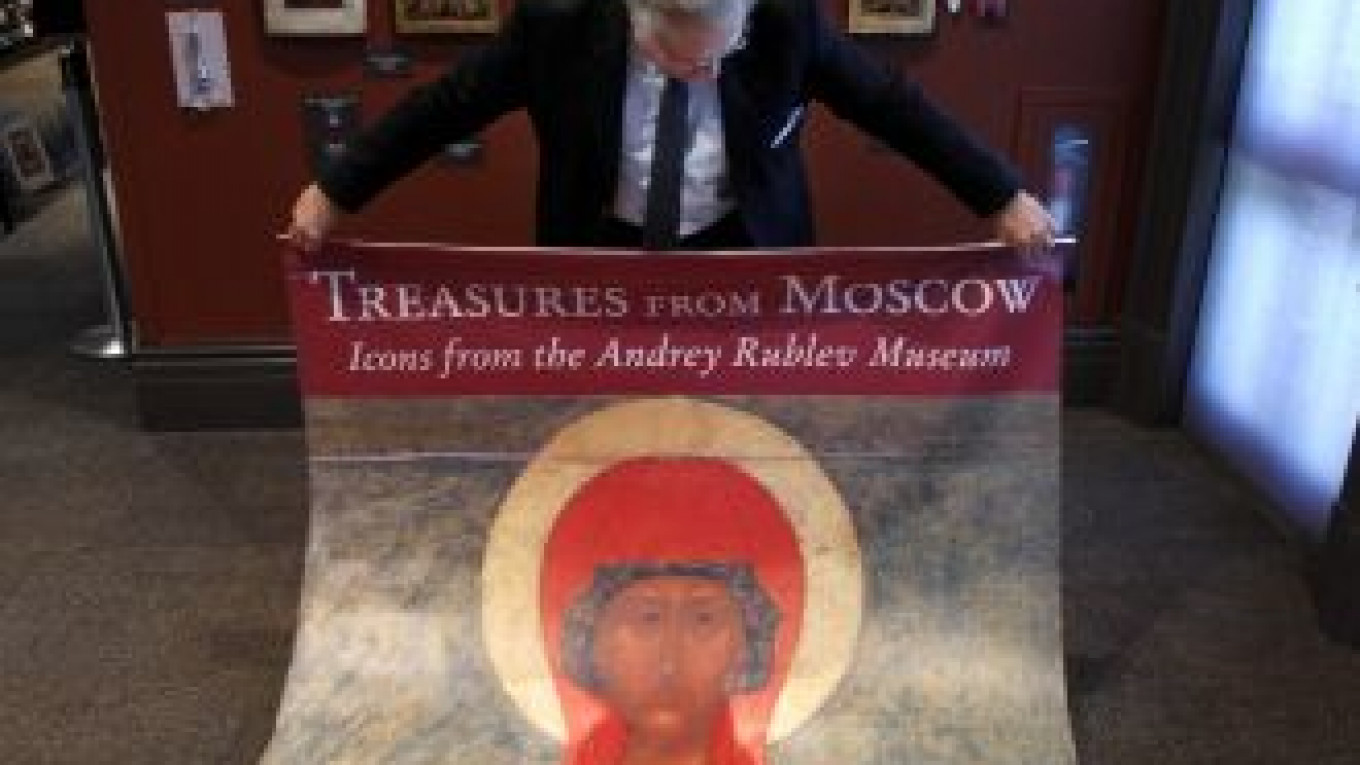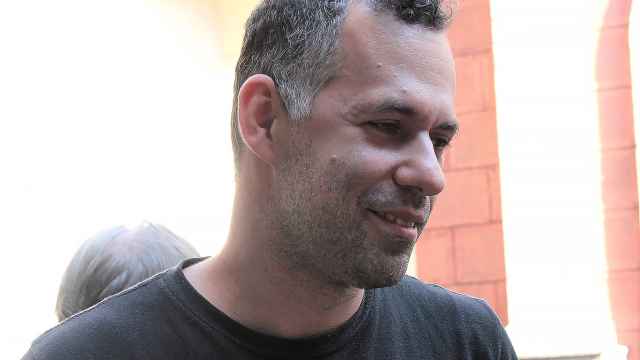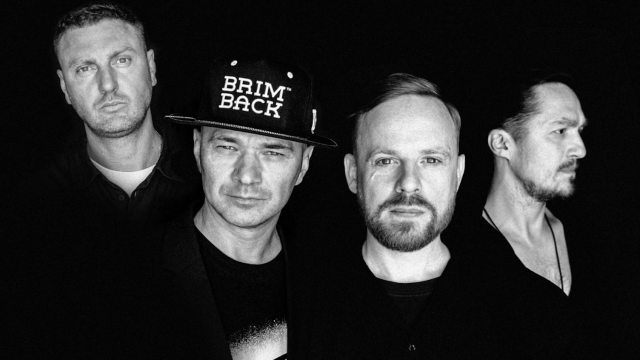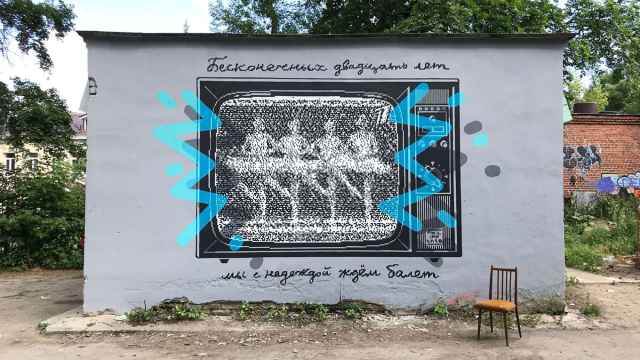NEW YORK — A decades-long dispute between Russia and an Orthodox Jewish group over ownership of holy texts collected for centuries by influential rabbis and seized by the Soviet Union has jolted the U.S. art world, threatening an end to major cultural loans between the two countries.
Russia has already frozen art loans to major American institutions, including the Metropolitan Museum of Art and the Houston Museum of Natural Science, fearing that its cultural property could be seized after the Brooklyn, N.Y.-based Chabad-Lubavitch movement won a lawsuit in U.S. District Court in 2010 compelling the return of its texts.
The Met — and possibly other major lending institutions — is weighing whether to discontinue loans of cultural property to Russia.
The issue has become so important to relations between the United States and Russia that the Justice Department has signaled for the first time in court papers that by Monday, it may weigh in on the legal case — which the Russians pulled out of in 2009, citing sovereign immunity.
Federal attorneys declined to comment for this story, and Russia’s Culture Ministry did not respond to numerous calls, e-mails and faxes seeking comment.
The U.S. State Department has worked to support Chabad’s campaign to reclaim its sacred texts since the 1990s.
Chabad is a worldwide Orthodox Hasidic Jewish movement and has spent decades trying to reclaim the trove of thousands of religious books, manuscripts and handwritten documents, known as the Schneerson Collection, held in Russian repositories. Collected since 1772 by the leaders of the movement, the revered religious papers include Chabad’s core teachings and traditions.
Russian officials have argued that Chabad has no ownership rights over the collection and that the case belongs in Russian courts because it considers the works part of the country’s cultural heritage.
Chabad won the right to reclaim the sacred texts from a Soviet court in 1991, but after the collapse of the U.S.S.R., the new Russian authorities threw out the judgment.
Cultural objects lent from foreign countries are protected from legal claims under U.S. law, as long as they are deemed to be “in the national interest” and “of cultural significance” by the State Department — which is the case in major exhibitions.
Nevertheless, some Russian officials are convinced that seizure of that country’s cultural property is a preordained outcome of the court’s decision.
“We know what is done in such cases: The state property — planes, ships, paintings — is arrested,” Mikhail Borisovich Piotrovsky, director of Russia’s State Hermitage Museum, said in a recent interview with St. Petersburg Vedomosti. “Consequently, the Russian government won’t issue permits for exhibitions in the U.S.”
But Seth Gerber of Bingham McCutchen, an attorney for Chabad, said the group had no plans to ask the court to seize Russian cultural property.
“Chabad will not seek to enforce its judgment by attaching or executing against any art or object of cultural significance which is immune from seizure under federal law and loaned by the Russian Federation to American museums,” he said in an e-mail.
The Russian culture minister announced the ban in January.
Since then, key works from Russia that had been destined for exhibitions at The Met, the National Gallery and the J. Paul Getty Museum, have been held back.
The Houston Museum of Natural Science postponed its show of 150 jeweled objects amassed by Russian royalty, an exhibition that was originally scheduled to open May 20. “We do know that the show will open at some point,” said Latha Thomas, a spokeswoman for the museum.
An exhibit at the Los Angeles County Museum of Art, “Gifts of the Sultan: The Arts of Giving at the Islamic Courts,” is scheduled to open on June 15, with or without the Russian objects that were to be included in the show of 250 works, a museum spokeswoman said.
Meanwhile, the Museum of Russian Icons in Clinton, Massachusetts, was forced to shutter its only major show of the year after the Russian government in March called back 37 lent objects.
“It’s all such a nightmare,” said Kent Russell, curator of the museum, which had already spent about $300,000 promoting the show when it had to be closed. “We had a lot riding on this. We had a lot of tours that had to be canceled. The catalog is of absolutely no value to us whatsoever.”
The Met recently said it was negotiating an agreement to show its exhibit of clothing designer Paul Poiret at the Kremlin Museum in Moscow this fall. “But if the embargo continues, the museum may reconsider,” Met spokeswoman Elyse Topalian said.
Legal experts and art professionals find it implausible that Russian cultural property lent to U.S. institutions could be seized.
Howard Spiegler, an attorney with the International Art Law Group at Herrick, Feinstein, a New York-based firm, said exhibitions that are imported from abroad, as long as they are certified by the U.S. State Department, are protected from seizure.
“What bothers me about this is that Russia is disingenuously trying to place blame on the plaintiffs in the Chabad case for Russia’s alleged inability to loan artworks for the good of the American public,” Spiegler said.
Greg Guroff, the president of the Bethesda, Maryland-based Foundation for International Arts & Education, was a cultural attache to the Soviet Union and has advised both the Chabad and Russian Federation. He said the Russians’ fear that their cultural property will be seized was unfounded.
“It’s so farfetched, it’s hard for us to believe. They send artwork to other countries that have much less protection. Why exactly this fervor, no one can quite figure out,” he said.
Phone messages and e-mails sent to officials at the Russian Embassy in Washington, seeking comment for this story were not returned.
The Schneerson Collection is comprised of two distinct sets: the “Library,” which was seized by Russia’s Bolshevik government during the October Revolution of 1917; and the “Archive,” which scholars say was “twice plundered” because it was looted by the Nazis in 1939 and then taken by the Red Army to the Soviet Union in 1945 as “trophy” documents.
Gerber, the movement’s lawyer, said the Russian government has repatriated Nazi-looted property taken by the Soviet military to a number of countries, including France, Belgium and the Netherlands, but has stubbornly refused to return the collection.
Other documents taken by Soviet trophy brigades from the Nazis that could help reconstruct how Jews lived before and during the Holocaust have not been returned, as demonstrated by the newly published English-language guide to collections at the Russian State Military Archive, “Nazi-Looted Jewish Archives in Moscow.”
The book, which includes a description of the Schneerson texts captured during World War II, was published in association with the U.S. Holocaust Memorial Museum and the Jewish Theological Seminary, with funding for the research coming from the Conference on Jewish Material Claims Against Germany.
Wesley Fisher, research director at the Claims Conference, said the collections, some of the most important archives of their kind in the world, were believed to have been destroyed for decades until they were found secreted away in the former Soviet Union.
“These are some of the last prisoners who have not gone home,” he said.
A Message from The Moscow Times:
Dear readers,
We are facing unprecedented challenges. Russia's Prosecutor General's Office has designated The Moscow Times as an "undesirable" organization, criminalizing our work and putting our staff at risk of prosecution. This follows our earlier unjust labeling as a "foreign agent."
These actions are direct attempts to silence independent journalism in Russia. The authorities claim our work "discredits the decisions of the Russian leadership." We see things differently: we strive to provide accurate, unbiased reporting on Russia.
We, the journalists of The Moscow Times, refuse to be silenced. But to continue our work, we need your help.
Your support, no matter how small, makes a world of difference. If you can, please support us monthly starting from just $2. It's quick to set up, and every contribution makes a significant impact.
By supporting The Moscow Times, you're defending open, independent journalism in the face of repression. Thank you for standing with us.
Remind me later.






